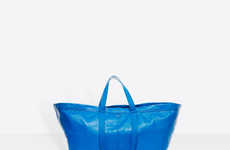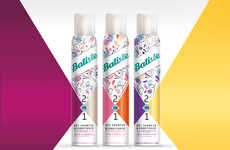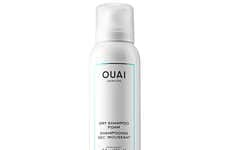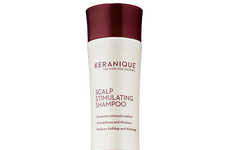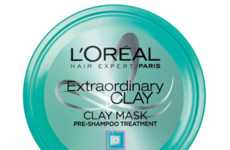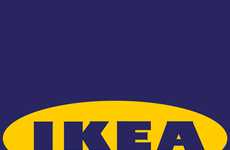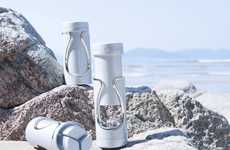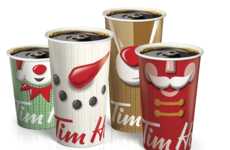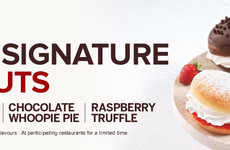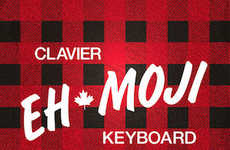
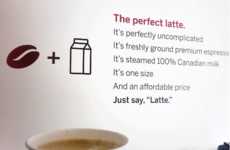
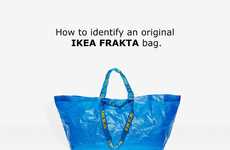

Brands go undercover to allow new products to receive unbiased reviews
Implications - While many may associate having a well-known brand name as a marker of success, the limitations of which become clear as established brands launch products in a covert nature in order to allow for unbiased first-hand customer experiences. This progression demonstrates the innate cognitive biases associated with consumer purchasing decisions and the opportunity for brands to avoid "big brand skepticism" in this way.
Workshop Question - What new consumer markets could you tap into if your product wasn't associated with a particular brand image?
Trend Themes
1. Deceptive Marketing - Brands are taking advantage of the biases associated with branded products by disguising their products in a way that will allow for people to have unbiased experiences and ensure that consumers value all of their products rather than just the high end
2. Satirical Campaigns - Satirical campaigns that poke fun at branded products are being used by companies to create a deeper connection with consumers and to add to the company's brand value.
3. Catalog Protection - Companies are finding creative ways of protecting product guides by disguising or repackaging them as something else entirely.
Industry Implications
1. Retail - Retailers are able to use these deceptive tactics to help drive sales of their products, by manipulating the biases of consumers in their favour.
2. Marketing - Marketers can use satirical campaigns and deceptive tactics to create a deeper connection with their target audience, and help change the perception of a particular product or industry.
3. Publishing - The use of creative campaigns is highly effective in publishing, where magazines and catalogs are competing for attention among their readers.
5 Featured, 44 Examples:
113,041 Total Clicks
Date Range:
Apr 17 — May 18
Trending:
Warm
Consumer Insight Topics:

















